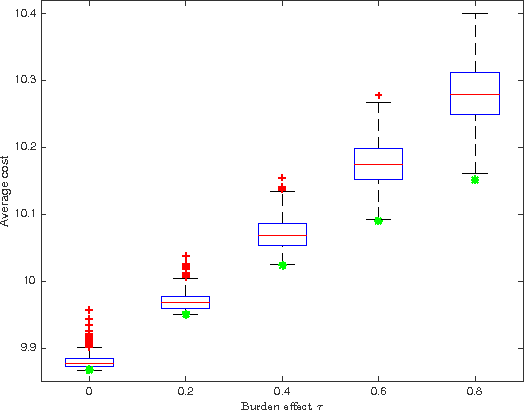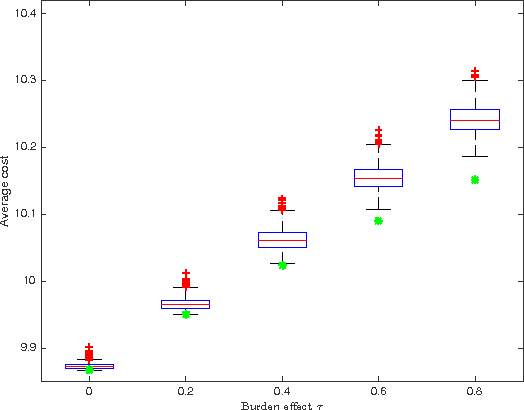An Actor-Critic Contextual Bandit Algorithm for Personalized Mobile Health Interventions
Paper and Code
Jun 28, 2017



Increasing technological sophistication and widespread use of smartphones and wearable devices provide opportunities for innovative and highly personalized health interventions. A Just-In-Time Adaptive Intervention (JITAI) uses real-time data collection and communication capabilities of modern mobile devices to deliver interventions in real-time that are adapted to the in-the-moment needs of the user. The lack of methodological guidance in constructing data-based JITAIs remains a hurdle in advancing JITAI research despite the increasing popularity of JITAIs among clinical scientists. In this article, we make a first attempt to bridge this methodological gap by formulating the task of tailoring interventions in real-time as a contextual bandit problem. Interpretability requirements in the domain of mobile health lead us to formulate the problem differently from existing formulations intended for web applications such as ad or news article placement. Under the assumption of linear reward function, we choose the reward function (the "critic") parameterization separately from a lower dimensional parameterization of stochastic policies (the "actor"). We provide an online actor-critic algorithm that guides the construction and refinement of a JITAI. Asymptotic properties of the actor-critic algorithm are developed and backed up by numerical experiments. Additional numerical experiments are conducted to test the robustness of the algorithm when idealized assumptions used in the analysis of contextual bandit algorithm are breached.
 Add to Chrome
Add to Chrome Add to Firefox
Add to Firefox Add to Edge
Add to Edge